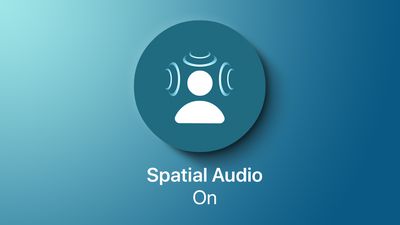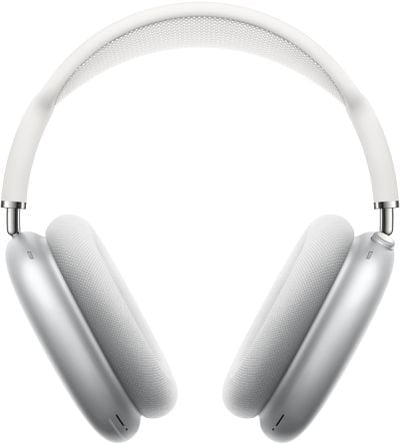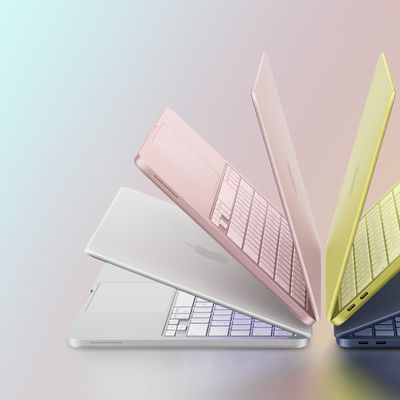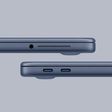Spatial audio is a sonic feature exclusive to AirPods Pro and AirPods Max that adds surround sound to Apple's premium audio wearables. By utilizing dynamic head tracking, it brings a theater-like audio experience to the movie or video you're watching, so that it seems as if the sound is coming from all around you.

The feature works by comparing the data from your iOS device's gyroscope and accelerometer against the data from your AirPods Pro or AirPods Max, ensuring that the sound field stays anchored to the device, even if you move your head.
Unsurprisingly, spatial audio isn't universally supported by third-party apps and services. To save you spending time wondering if a particular app works with the feature, we've put together a list below of all the apps that have officially been updated to support Spatial Audio, and some popular apps that have yet to add support.
Popular Apps That Support Spatial Audio
- Air Video HD (Turn on Surround in Audio settings)
- Apple's TV app
- Netflix
- Disney+
- FE File Explorer (DTS 5.1 unsupported)
- Foxtel Go (Australia)
- HBO Max
- Hulu
- Plex (Enable old video player in Settings)
- Peacock
- Discovery+
- Paramount+
- Vudu
- Some TIDAL songs
Popular Apps That Don't Support Spatial Audio
- Infuse
- YouTube
- Vimeo
- VLC
- Amazon Prime Video
We'll keep these lists updated as and when we learn of additional third-party apps and updates that come out in support of spatial audio. In the meantime, check the following details to make sure that your hardware is compatible with the feature.

What You Need to Use Spatial Audio
To take advantage of spatial audio on AirPods Pro or AirPods Max, you need an iPhone 7 or later or one of the iPad models listed below. Note that spatial audio is not supported by any Mac model or any Apple TV models.
- iPad Pro 12.9‑inch (3rd generation) and later
- iPad Pro 11‑inch
- iPad Air (3rd generation)
- iPad (6th generation) and later
- iPad mini (5th generation)
You also need iOS 14 or iPadOS 14 or later installed on your device, as well as the latest firmware on your AirPods Pro or AirPods Max. To learn more about using spatial audio, check out our dedicated how-to article.






















